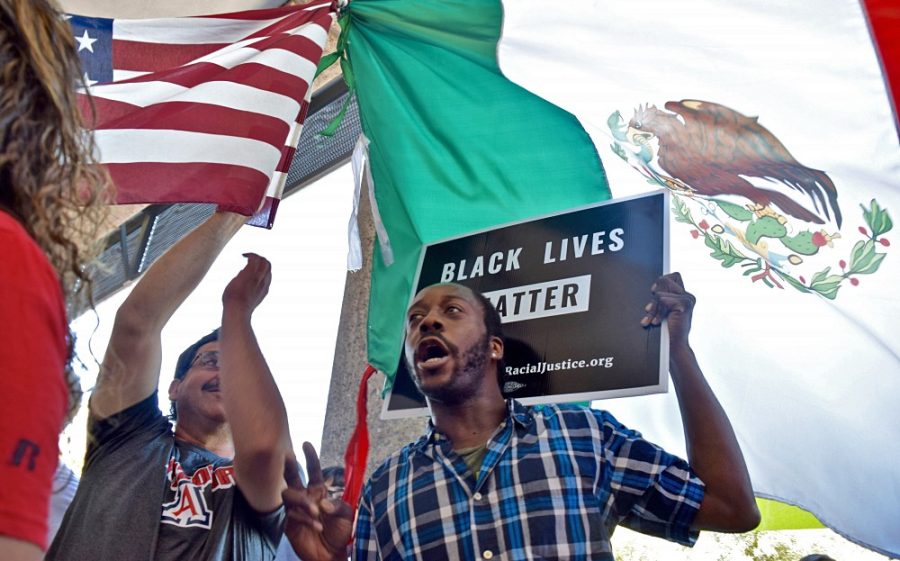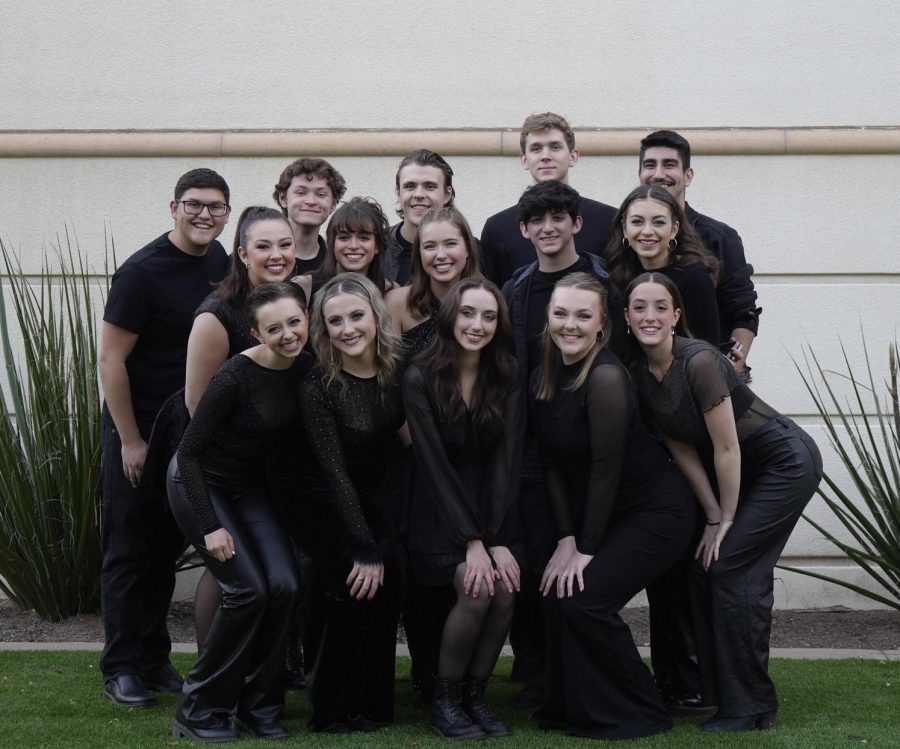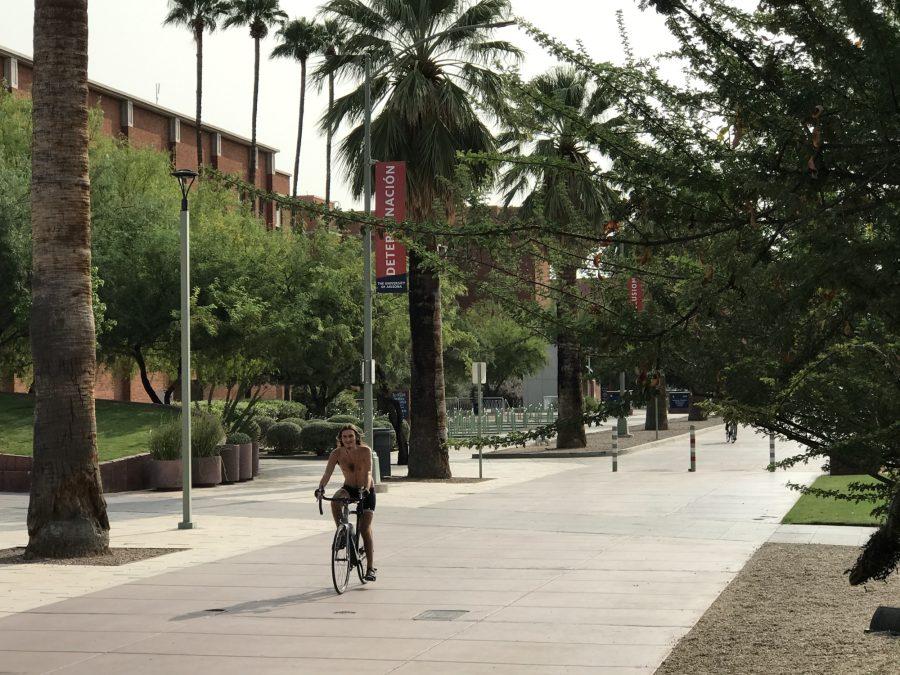The history of protest shows us which student demonstrations make a difference and which divide us.
To deny the merits of student protests would be to ignore the rich history the United States has had in its relationship with its universities for decades. More than an emotional reaction to perceived injustices, protests historically allowed students to become politically active in ways that previous generations could ill afford. It connected youth to the world of politics without destroying the optimism and idealism that made their contributions so eager and ambitious.
Students helped vanguard movements such as the anti-war protests and assisted in the growing strength of the modern civil rights movement of the 1950s and 1960s. It’s on these demonstrations that many of our current politicians cut their teeth.

The dangerous truth of protest is that it thrives under a fiercely “us versus them” worldview, which divides the world into two camps: Those who march with us and those who march against us. The brunt of this righteous outrage and political alienation is directed against those closest who can fall into the role of “strawman” by virtue of bad luck.
There is no doubt in my heart that this raw emotion carried in calls for reform is a positive when directed properly and headed by rationally thinking and empathetic people. Great things are carried to fruition by powerful waves of emotion, but so too are the worst things in humanity.
RELATED: Column: In political polarization, we’re part of problem
In response to injustices, people are quick to look for those to blame and to direct their rational anger against. At Evergreen State College, young liberal students focused their attention on biology professor Bret Weinstein, who was under fire for opposing a day when white students and faculty would be invited to leave campus. This was an inversion of a school tradition when minority students would leave to show their colleagues their presence in the school.
When the professor opposed the day because he was against the school basing policies on race, protests called for his resignation or demanded he be fired by the school. This was all despite being a man “who supported Bernie Sanders, admiringly retweet(ed) Glenn Greenwald and was an outspoken supporter of the Occupy Wall Street movement,” according to a New York Times article. His one email opposing the suggestion would render him the stand-in for countless grievances.
Without any moral core to structure protest around, the energy that drives positive change and a reconstruction of the public world can instead be directed toward hurting and alienating those around the country. Once a protest is no longer about winning hearts and minds, there is little difference between a movement and a mob.
It’s important to reiterate just how integral protests are to the foundation of political thought in this country. Without them, we would have a whole class of people, the young, entirely divorced from its own perspectives and opinions on the world around them. This culture of standing against injustice is the backbone of a democracy, where to be silent is to be politically dead.
RELATED: Column: It’s time for single-payer health coverage
But more than being loud, the student protester must be aware. They must be empathetic, understanding, knowledgeable and caring, or else the protests are nothing more than a cathartic release of energy that will change nothing once the spent participants go home. Above all else, empathy for the enemy is the greatest gauge for a positive movement. To dehumanize your opponent is to lose your moral high ground. It increases the possibility of bystanders and the innocent being hurt and losing sympathy for your cause.
All protests are by nature political, and while the calls for the language of protest to be “ideologically pure” seem to be well-founded, movements are only successful when they can turn the heads of those in the middle and win them over.
Journalist Lily Rothman of Time wrote of the anti-Vietnam war movement of the 1960s, “The participation by moderate protesters came after opposition to war no longer seemed like an extreme position, and when it seemed like that opposition had a chance to be heard.” It’s also important to remember that it was conservative Republican Richard Nixon who finally brought the war to an end, riding the changing public opinion.
Even the previously neutral Walter Cronkite, an apolitical giant of the newsroom, was won over by the more inclusive and positive movement, declaring publicly his opposition to continuing the war.
When inclusive and empathetic, student protests and movements carry a strength and power that can be directed against the outdated, the indefensible and the unfounded. But when hate-filled and blinded by anger, it divides us only to leave us more isolated and angry than before.
Follow Alec Scott on Twitter















